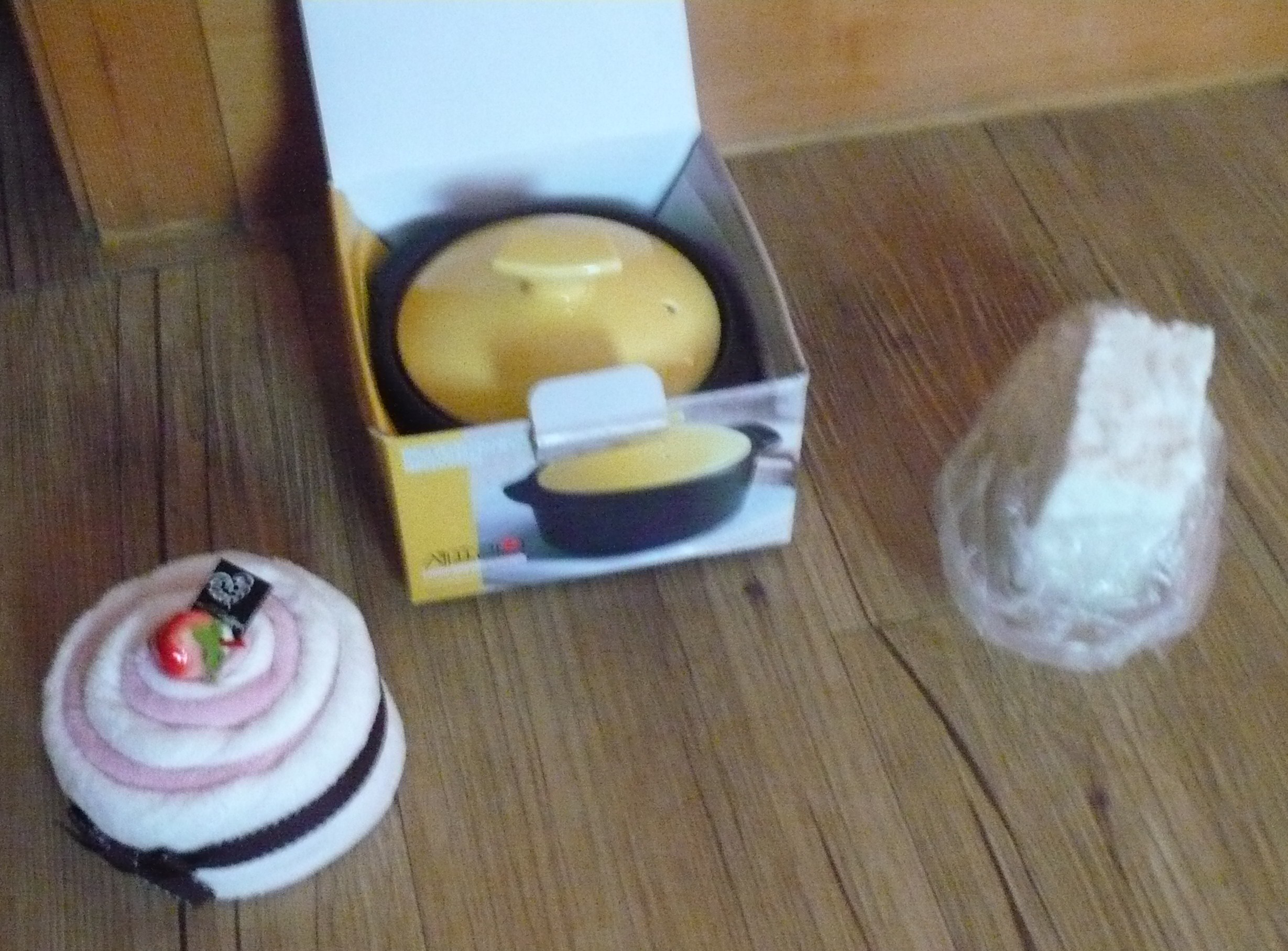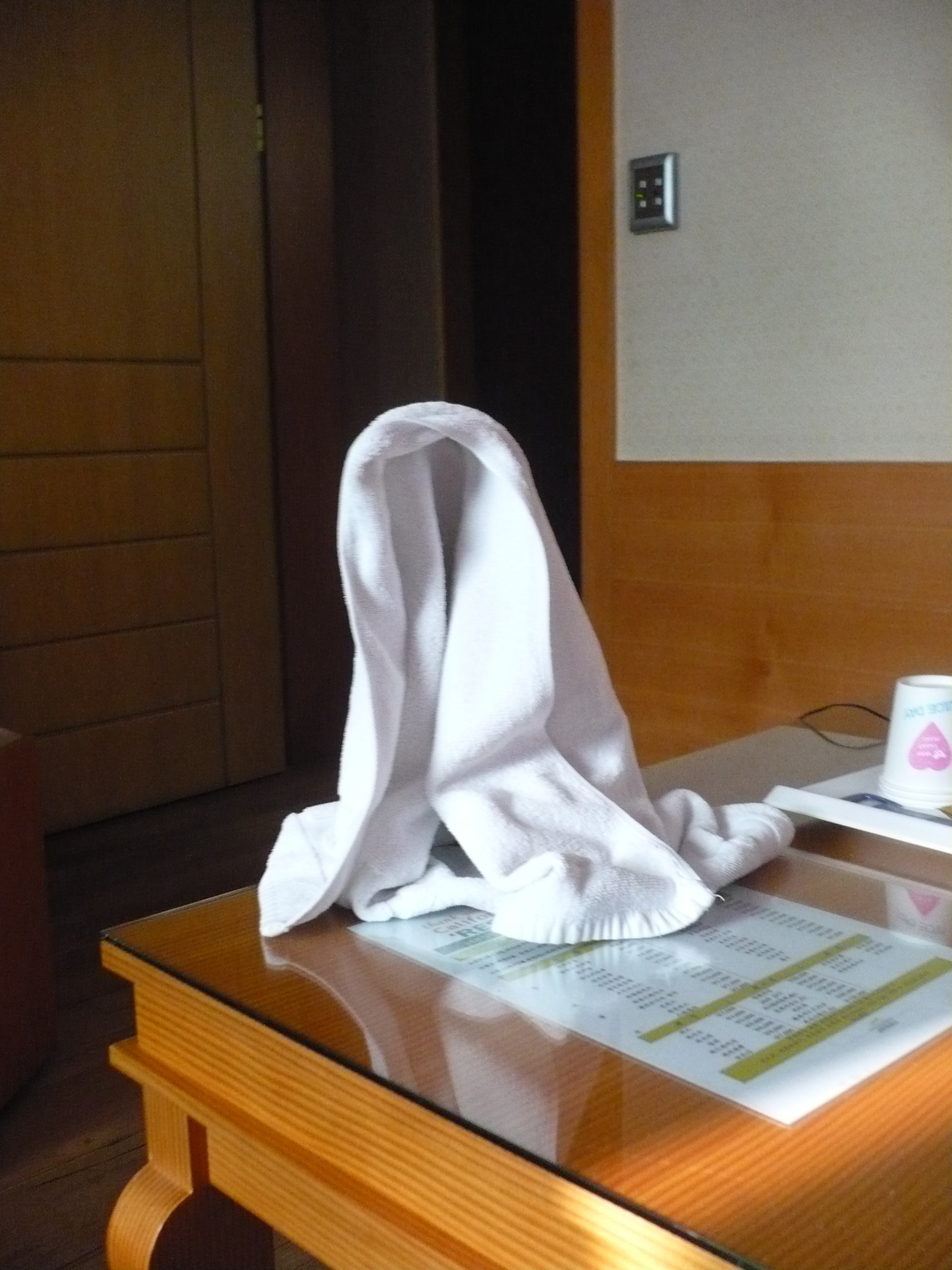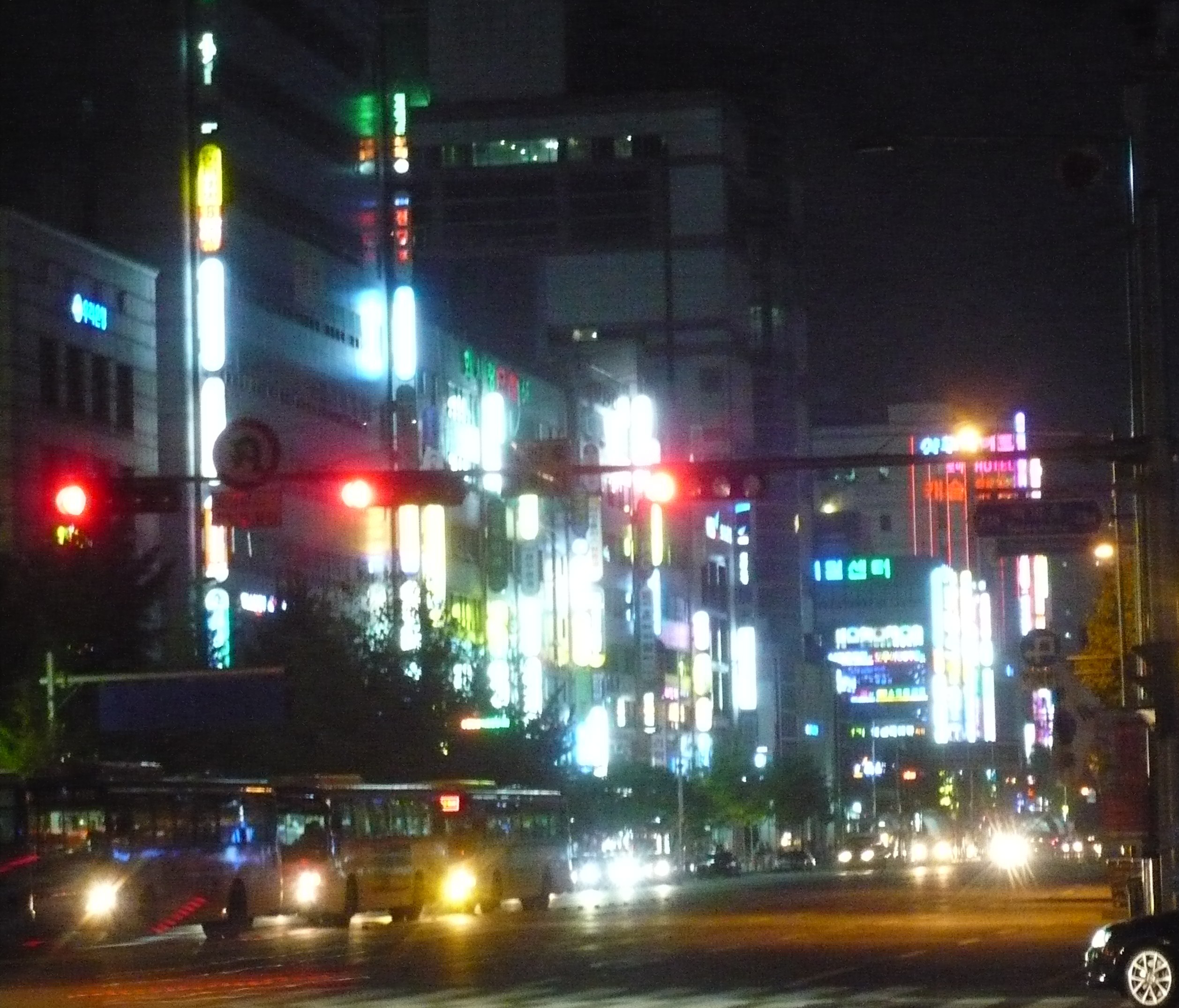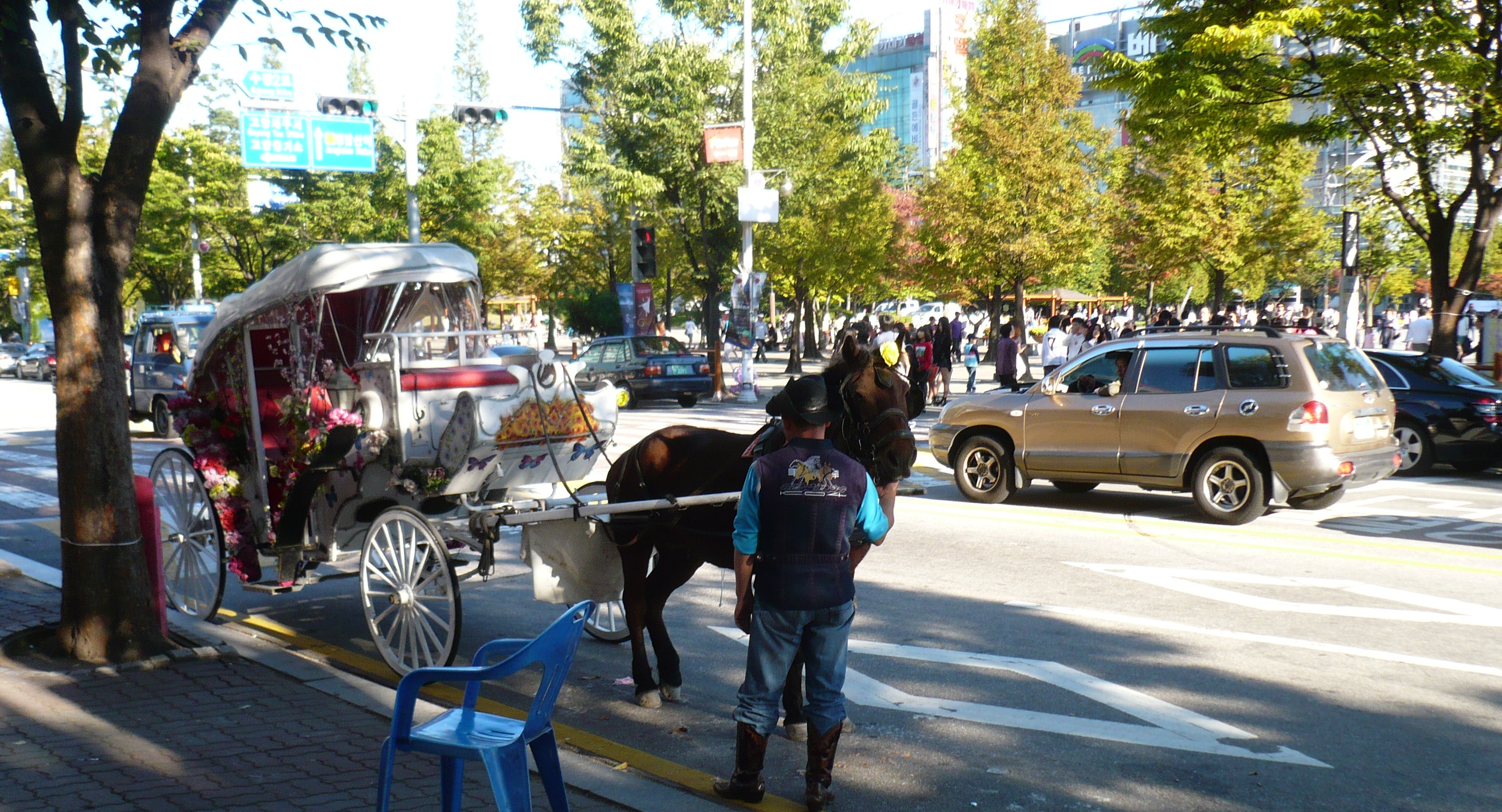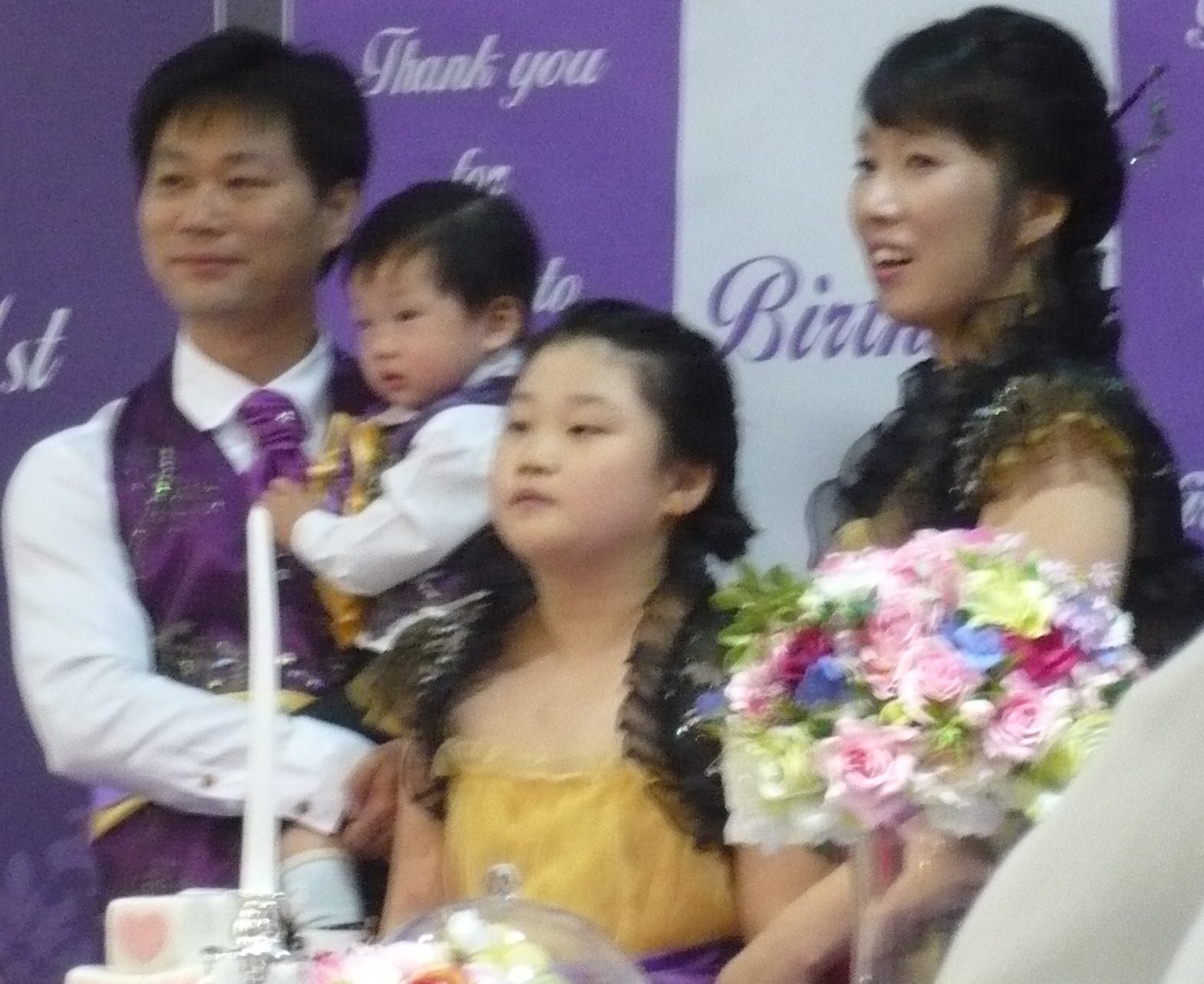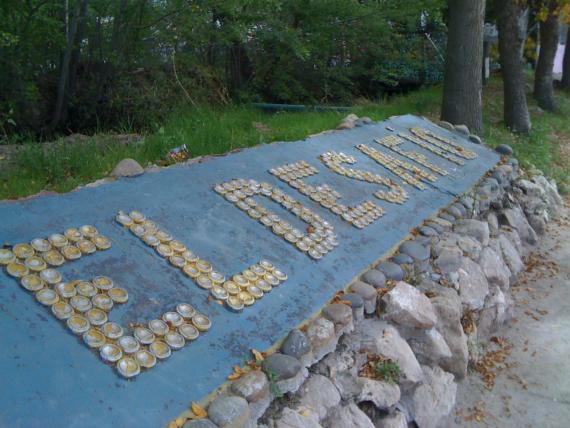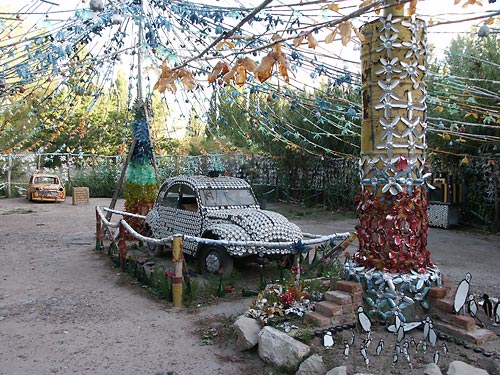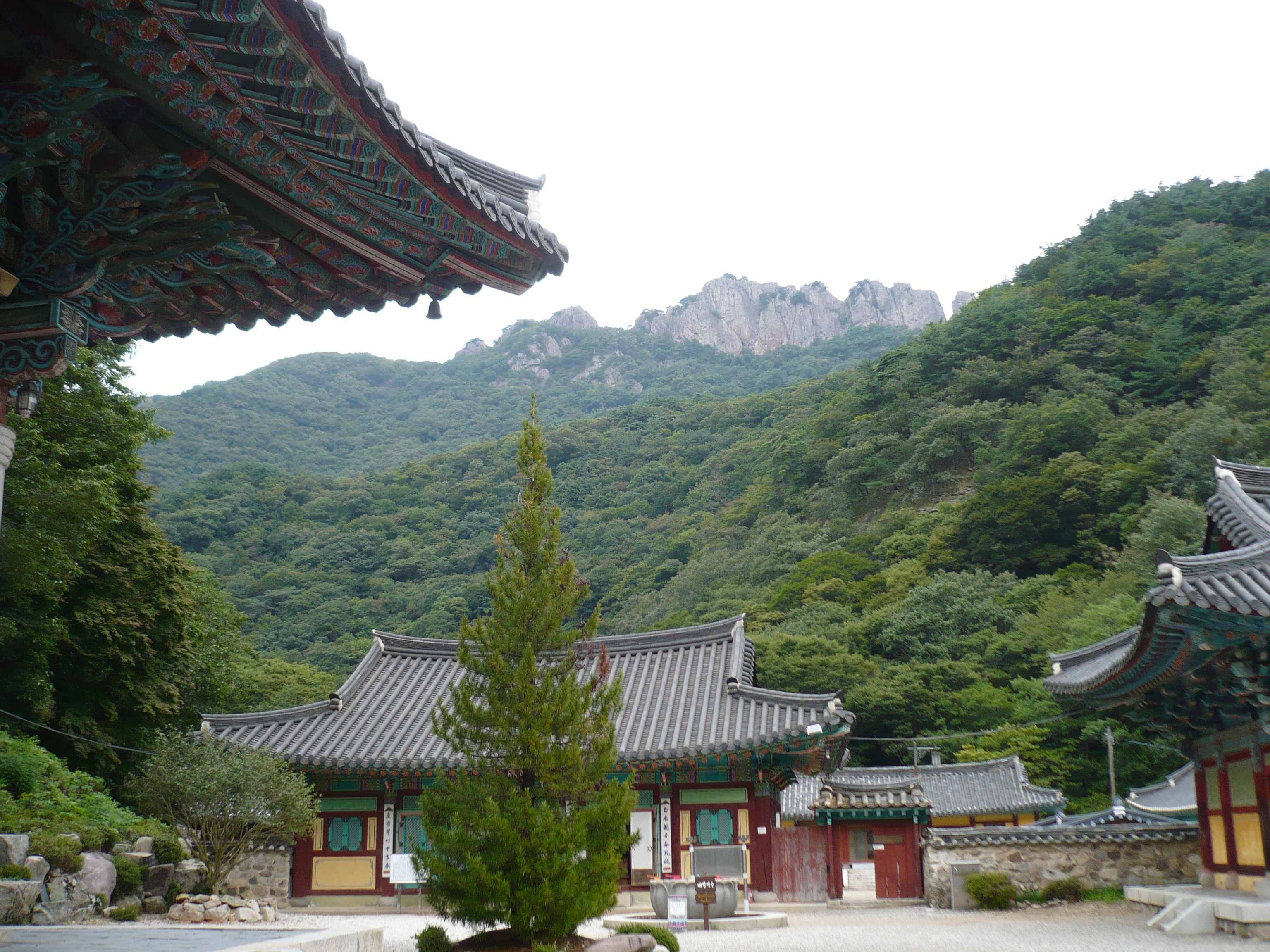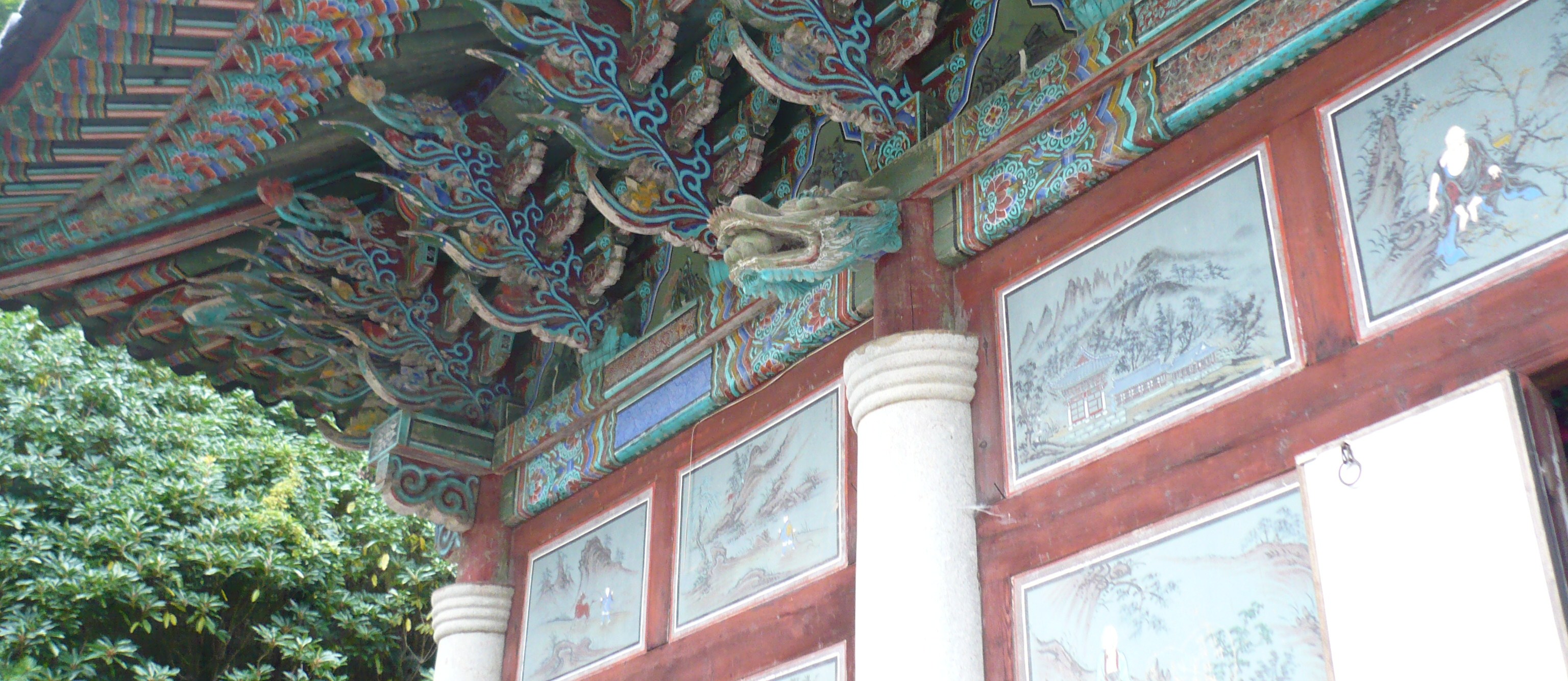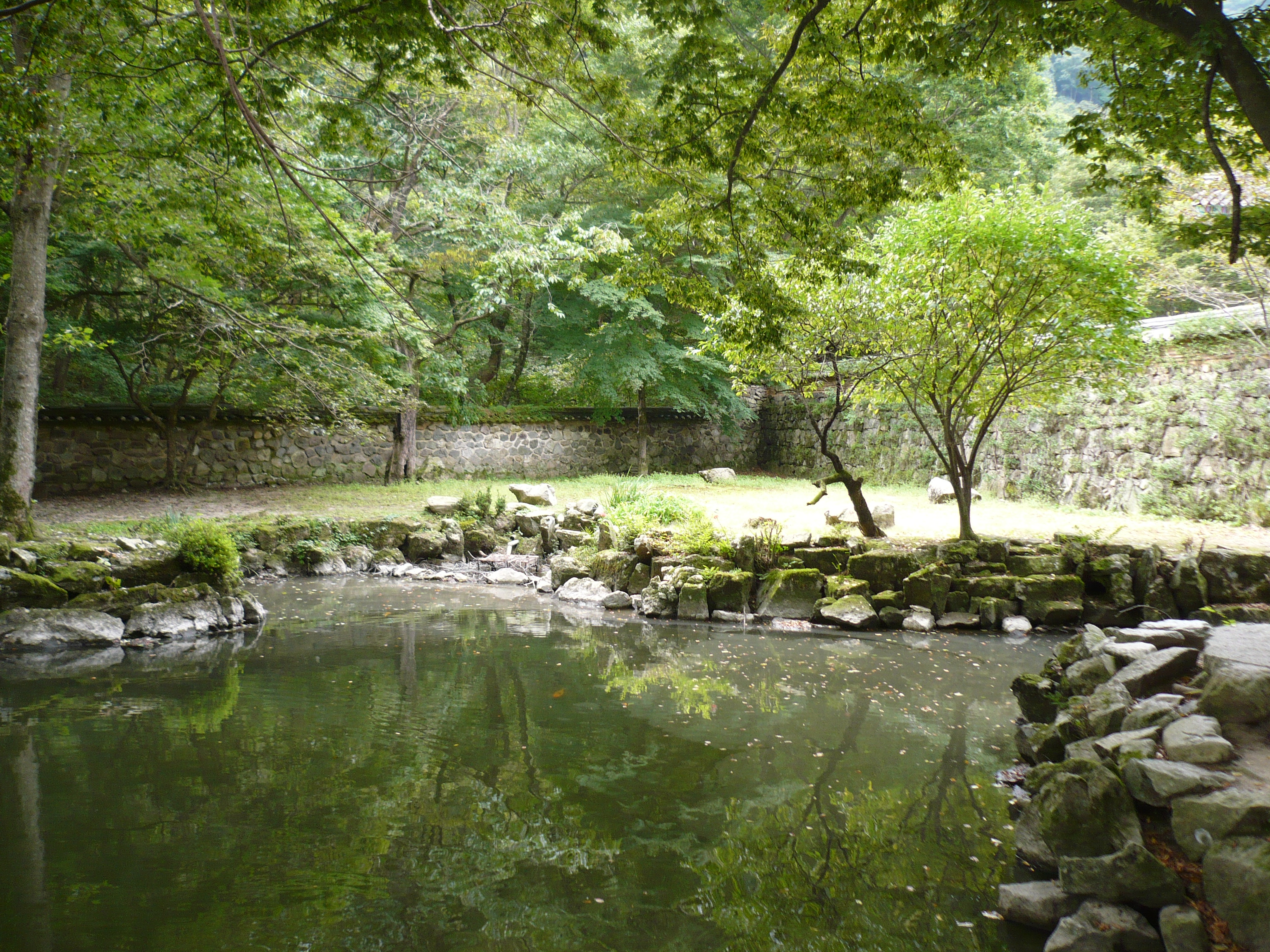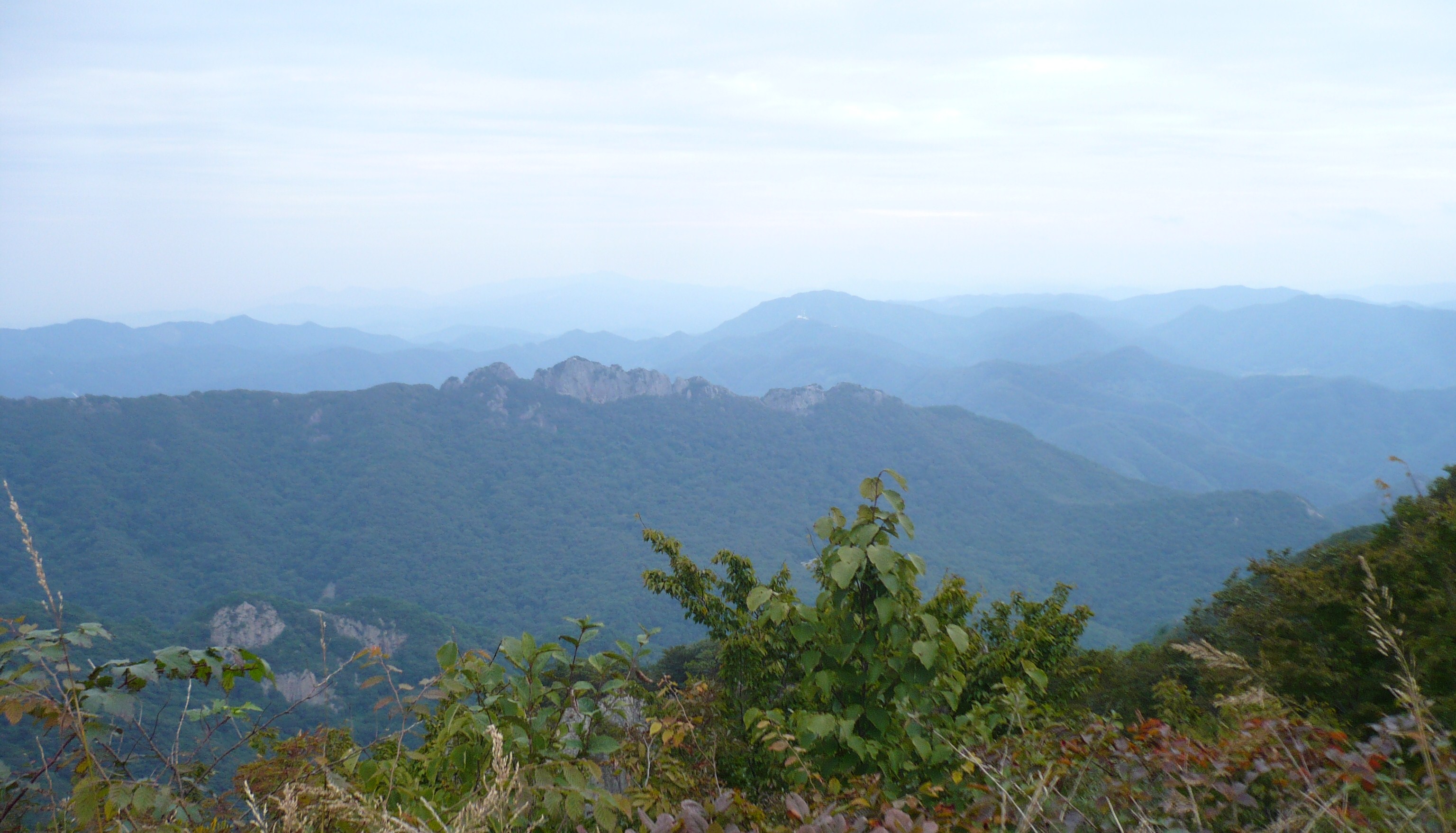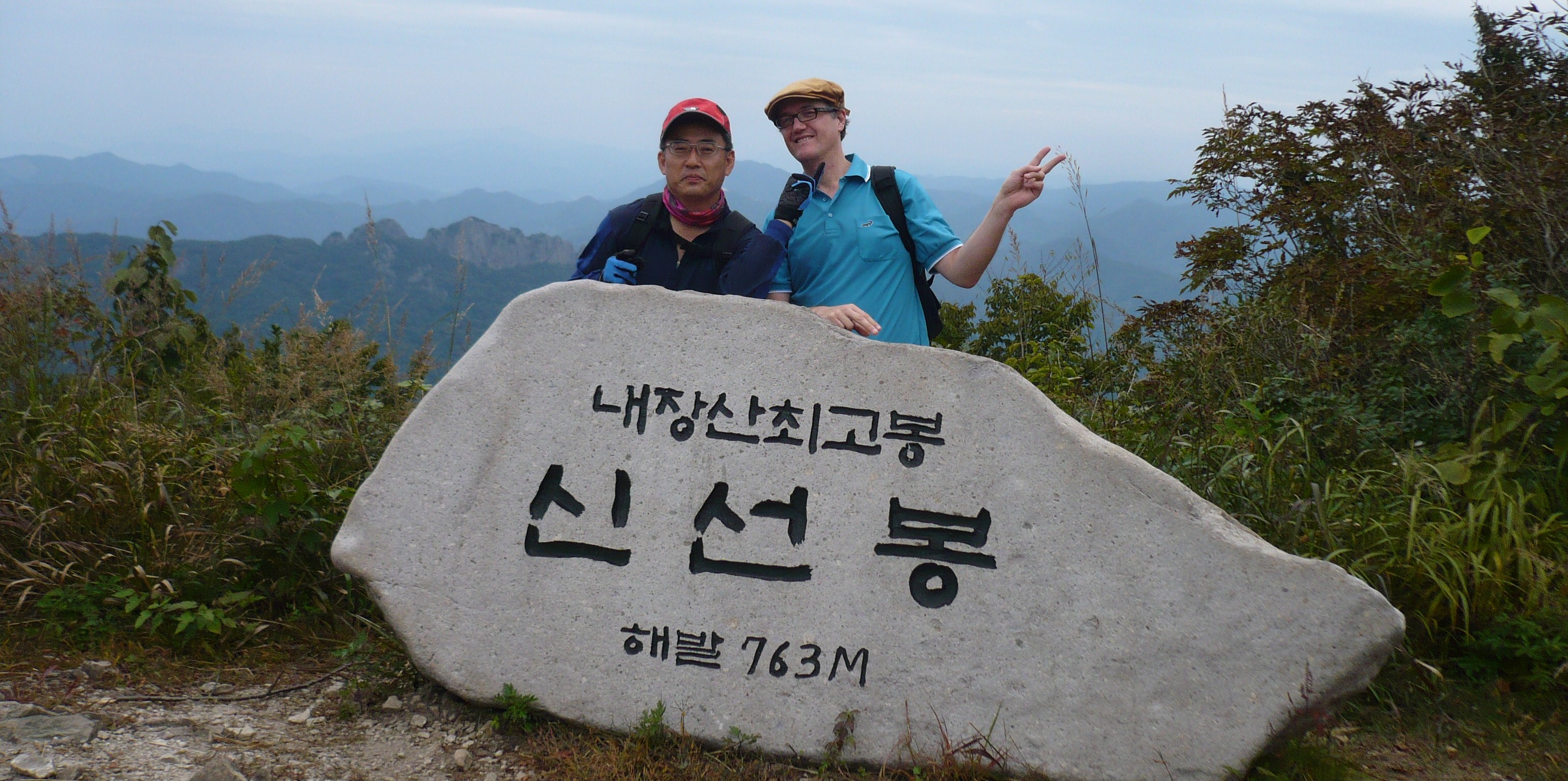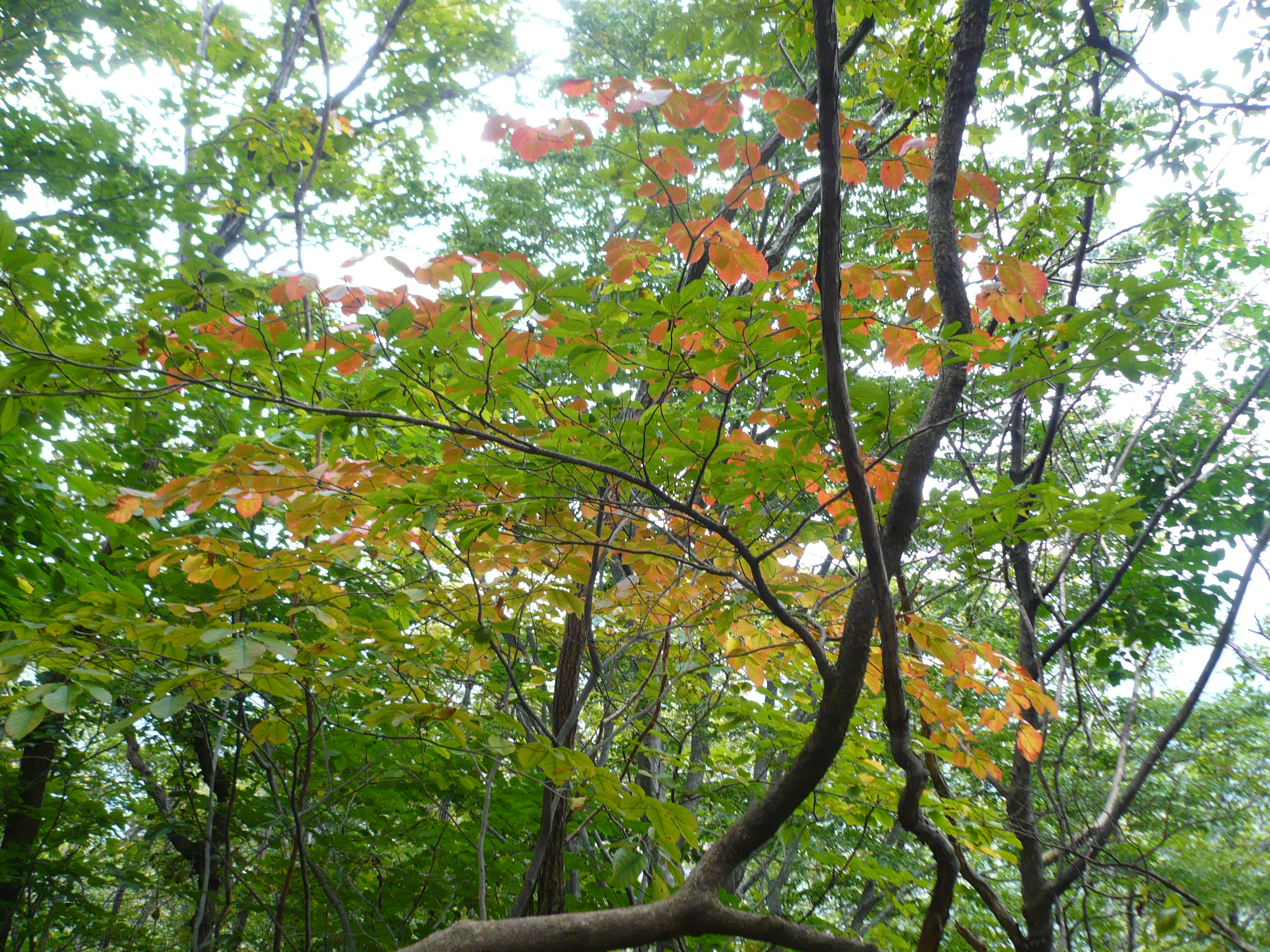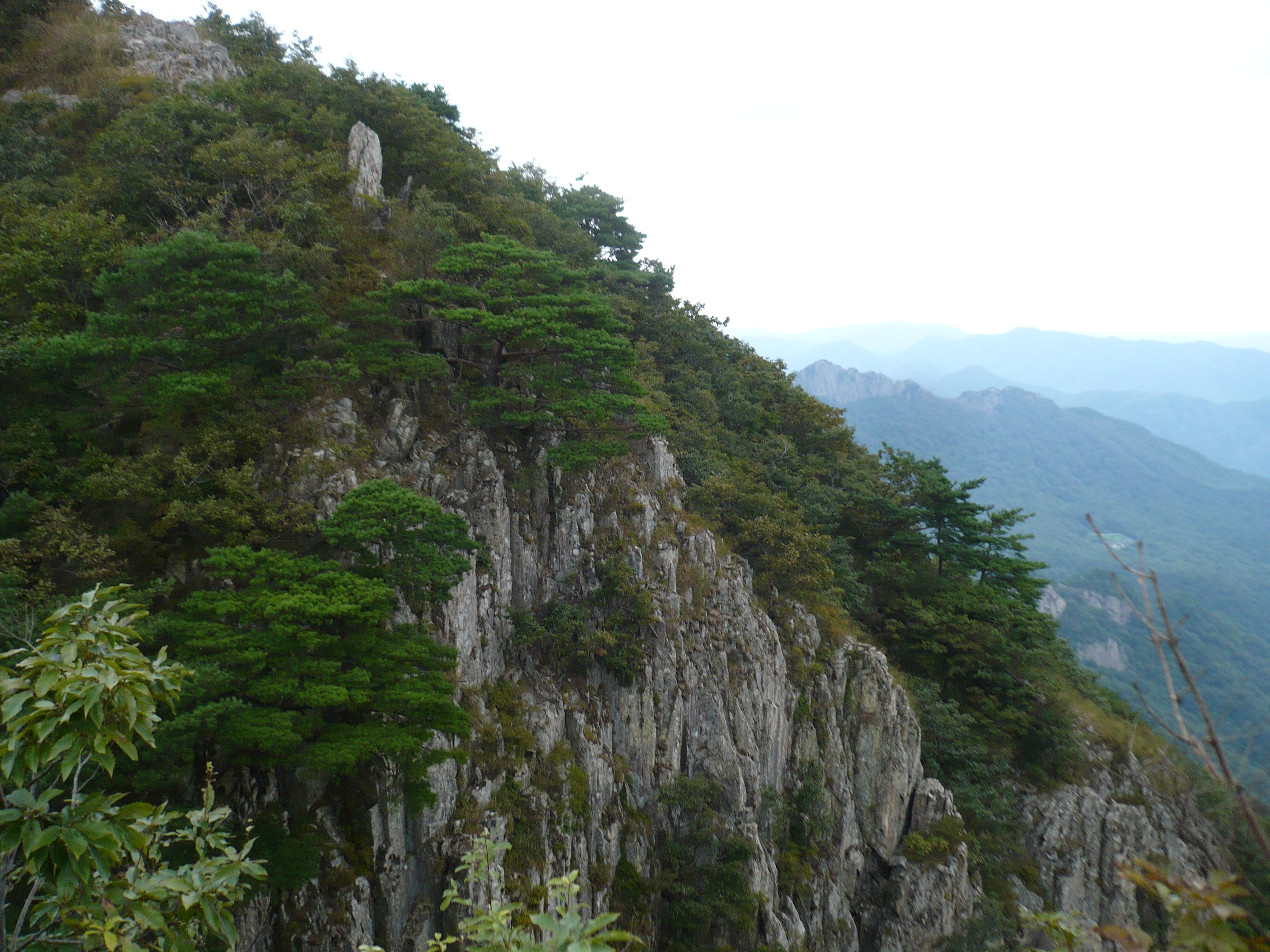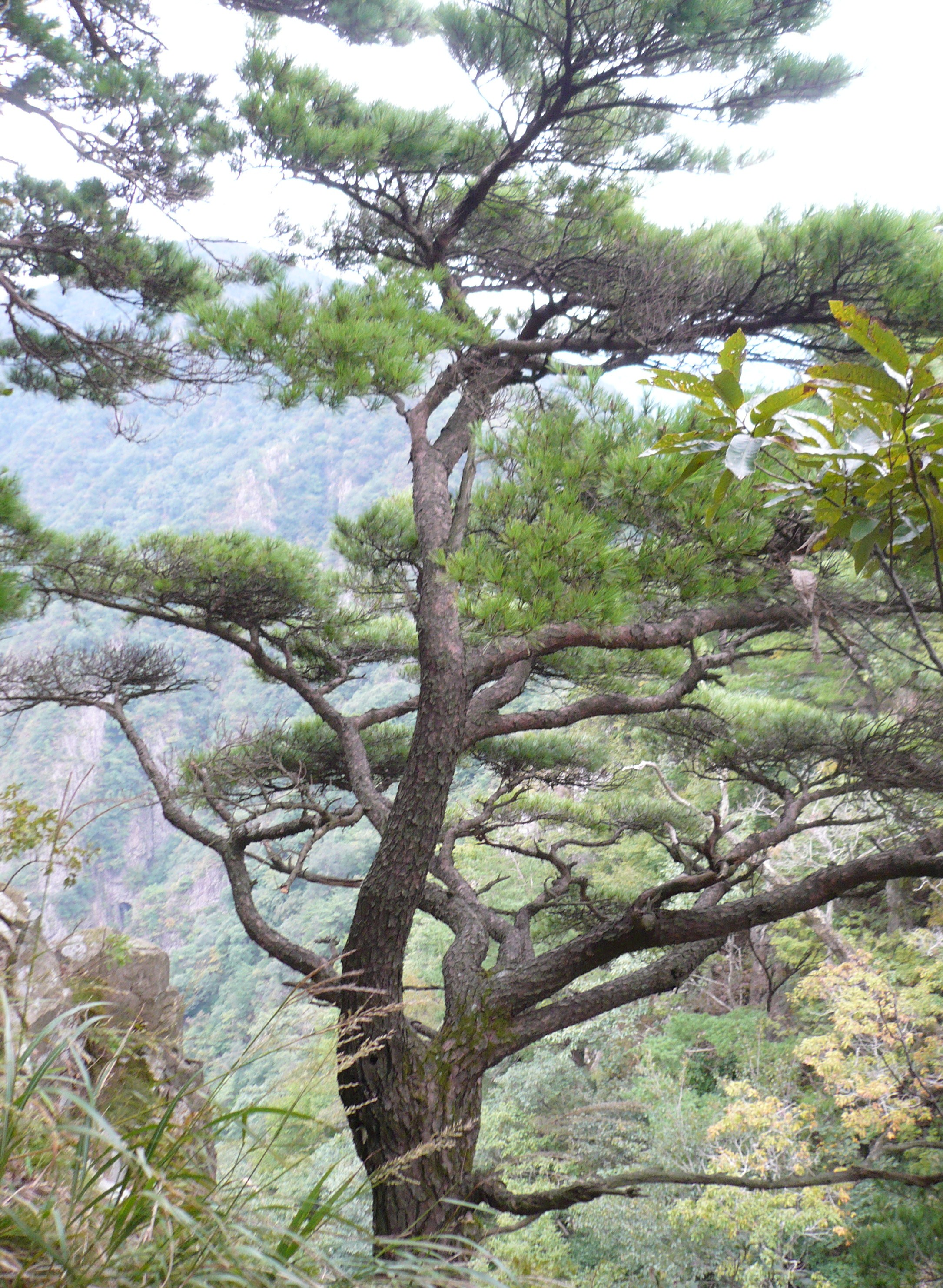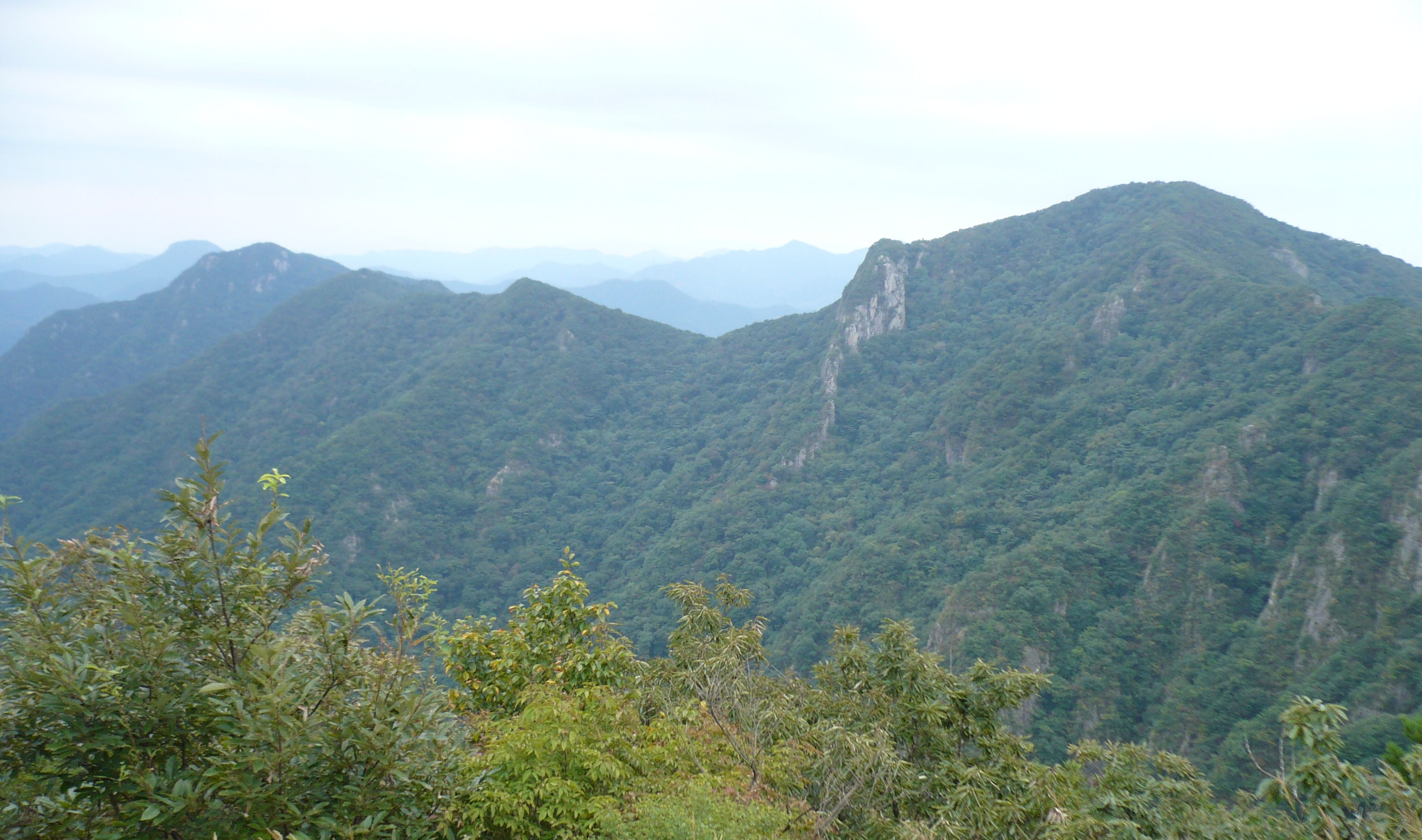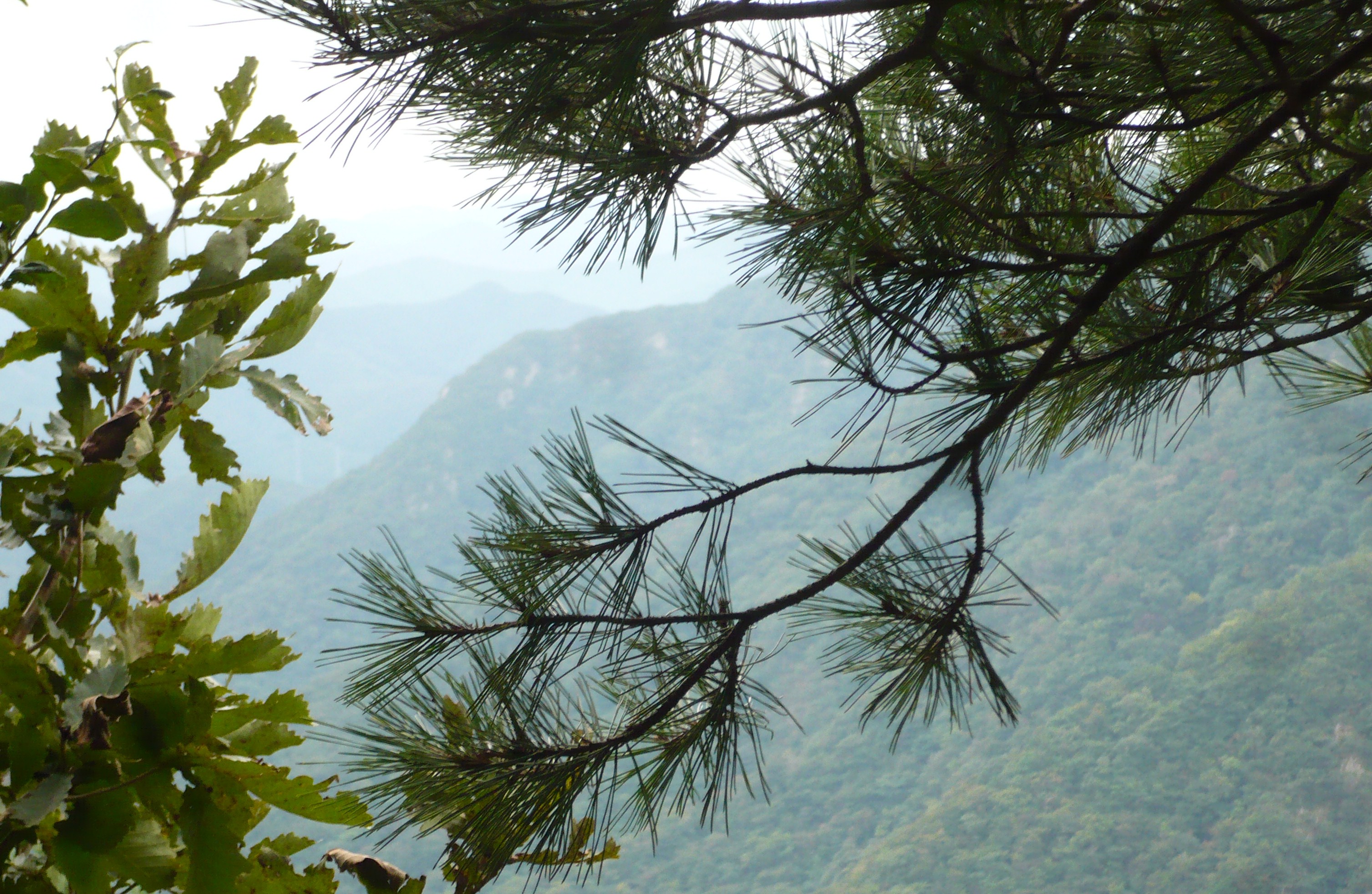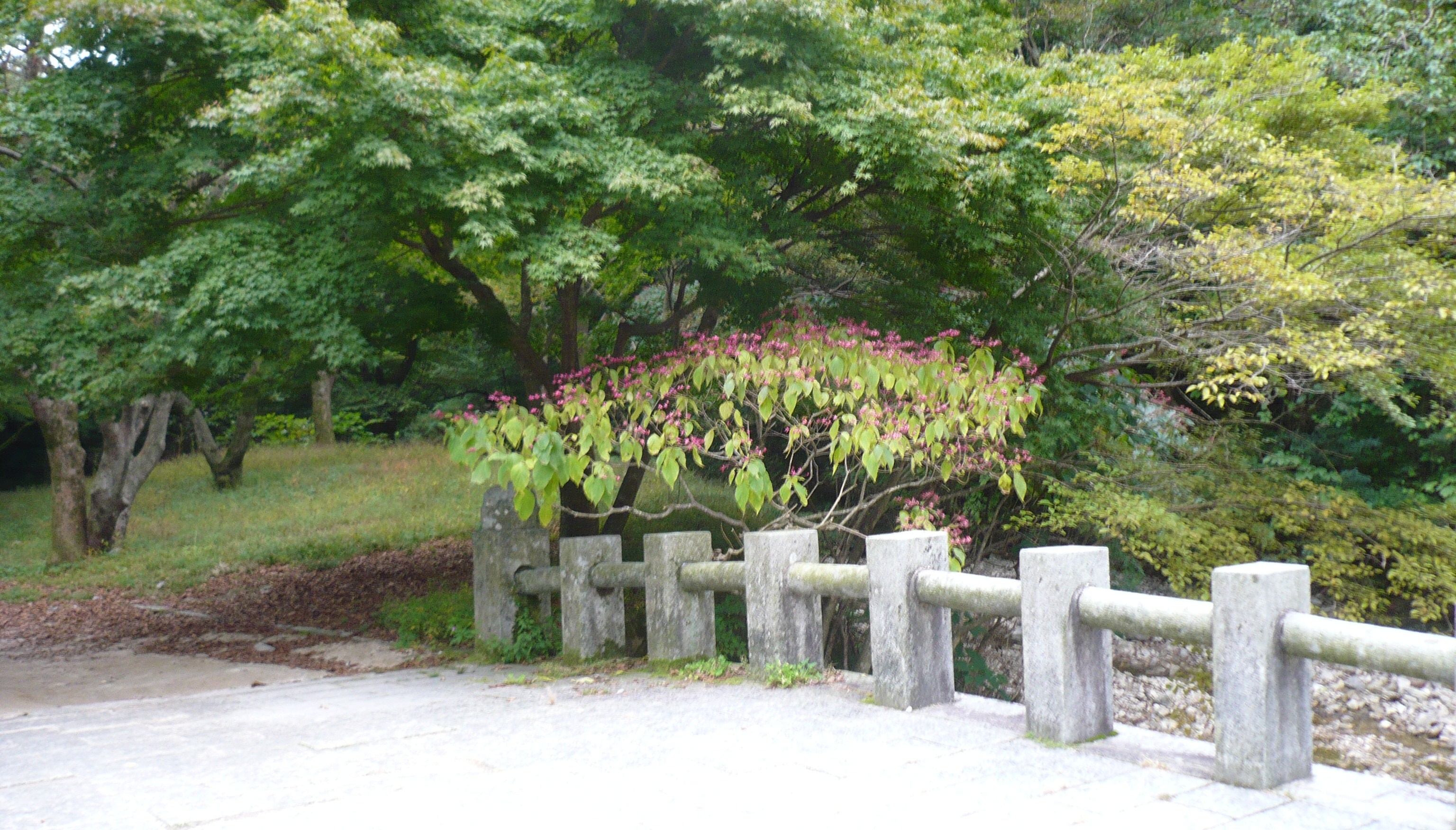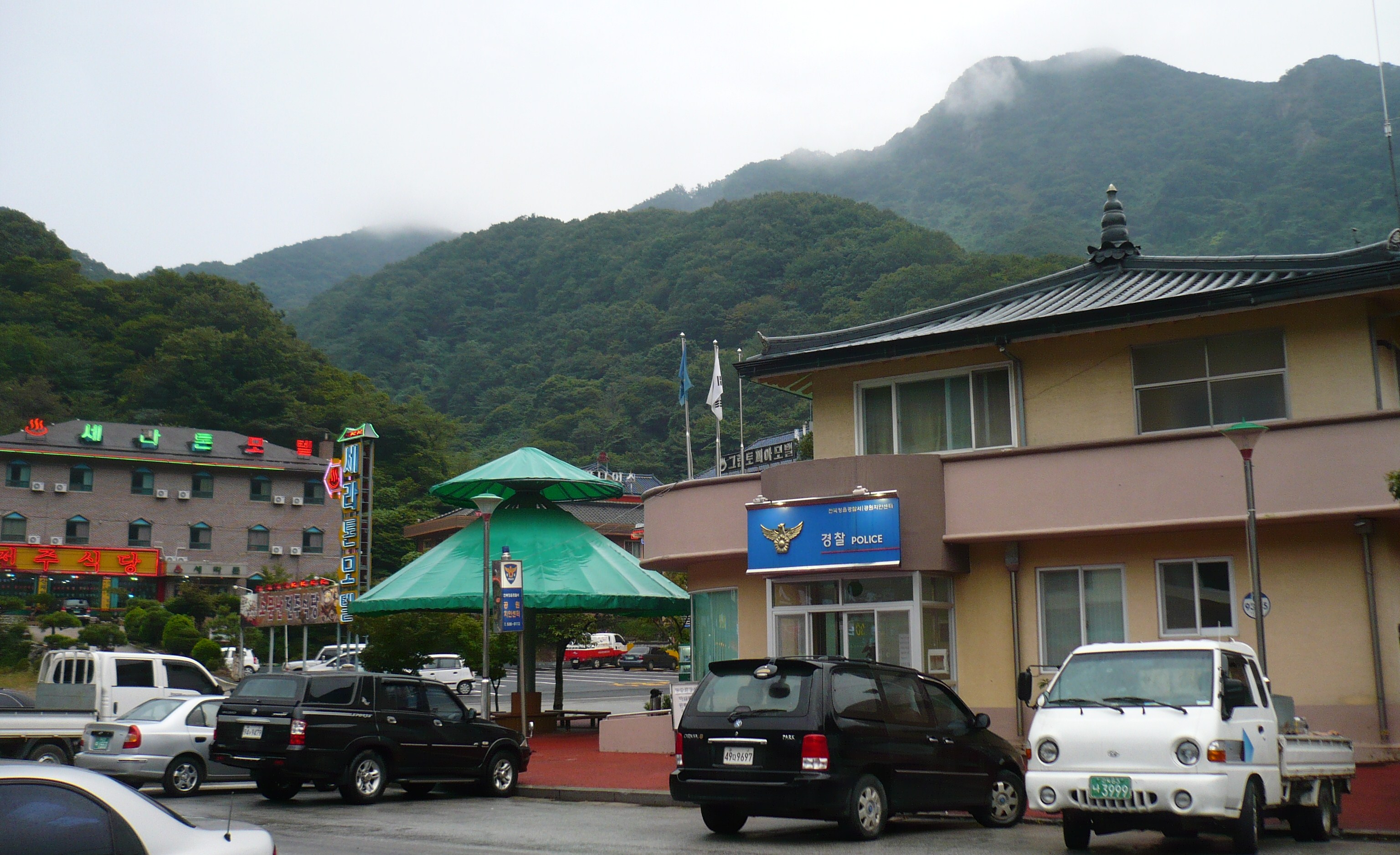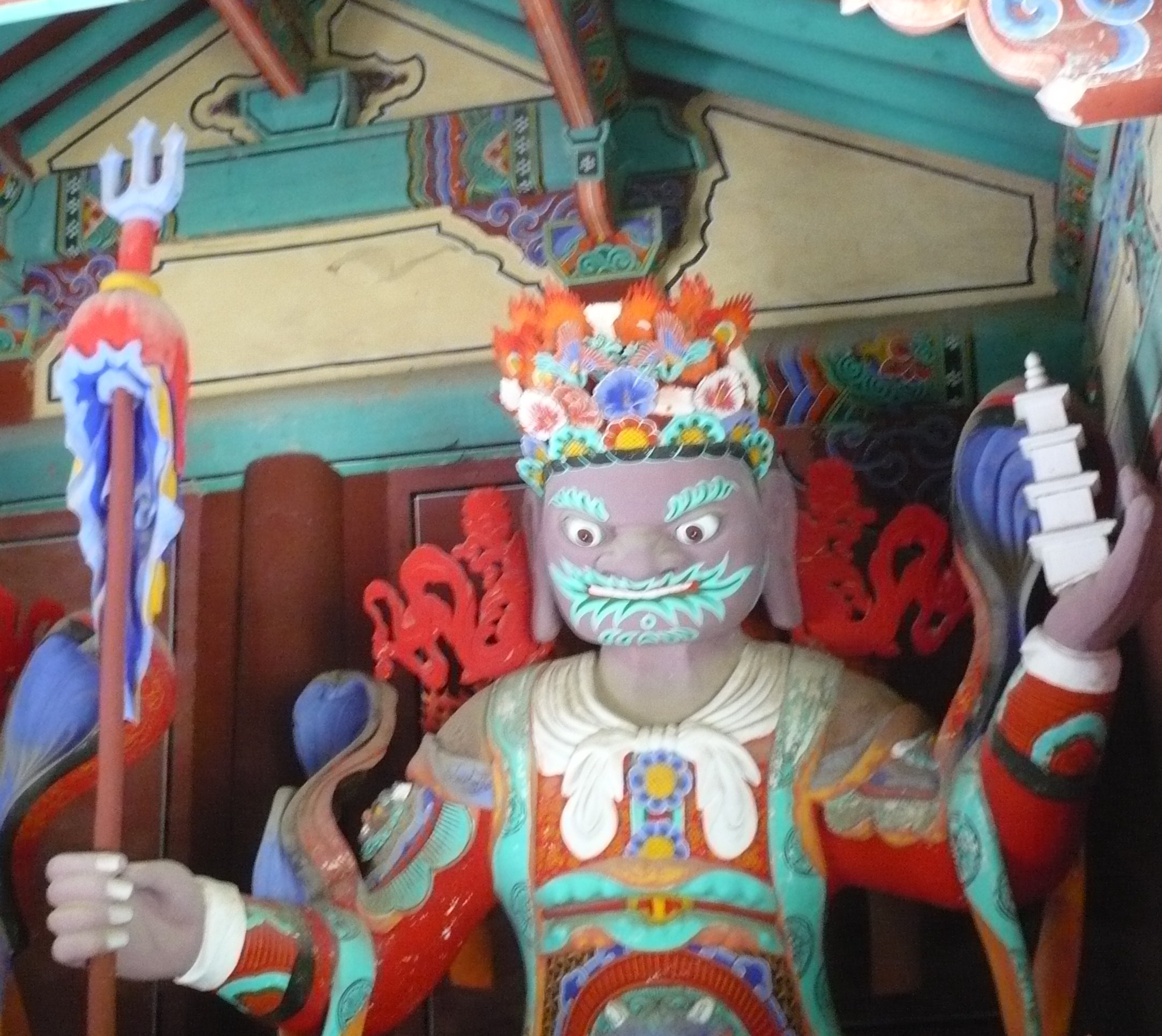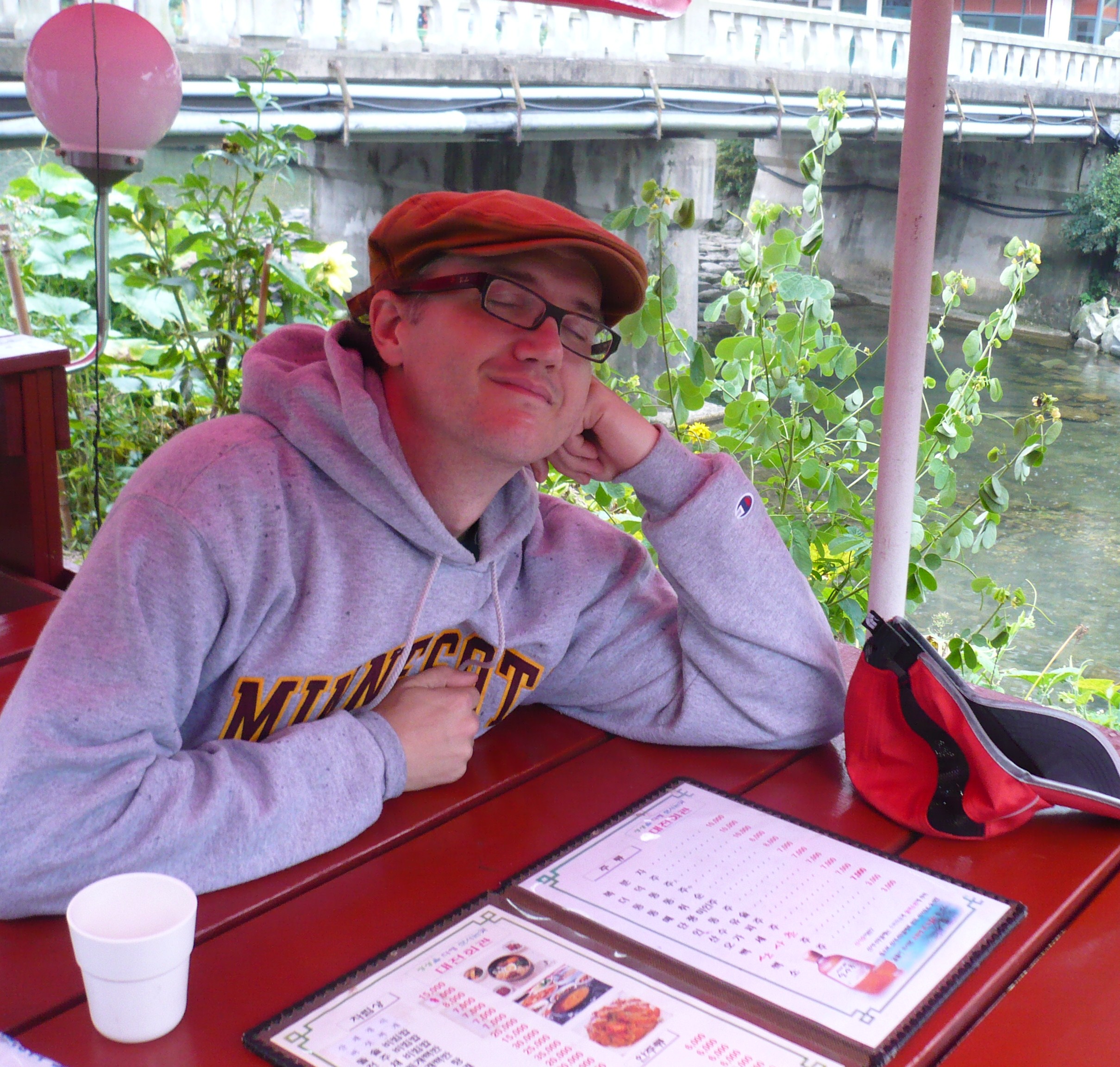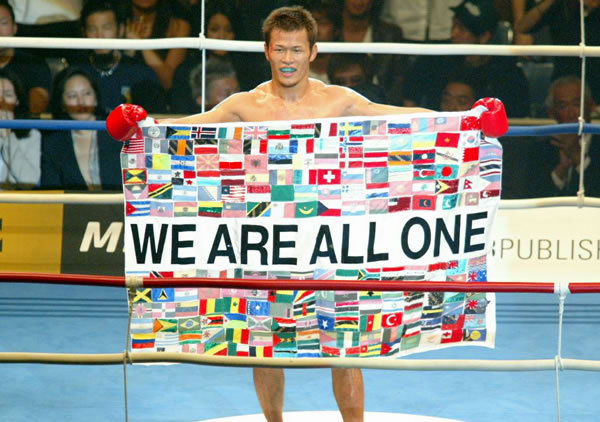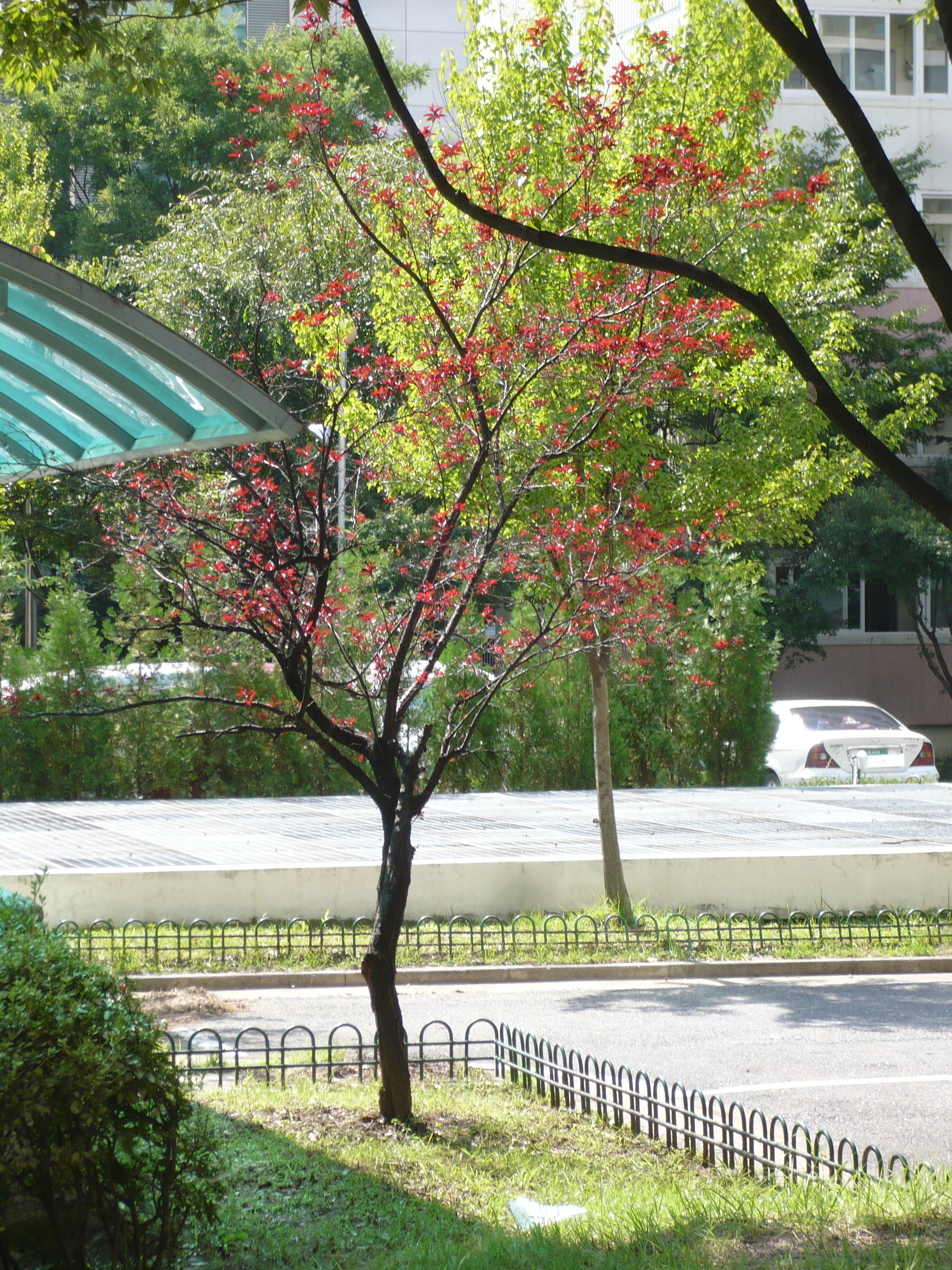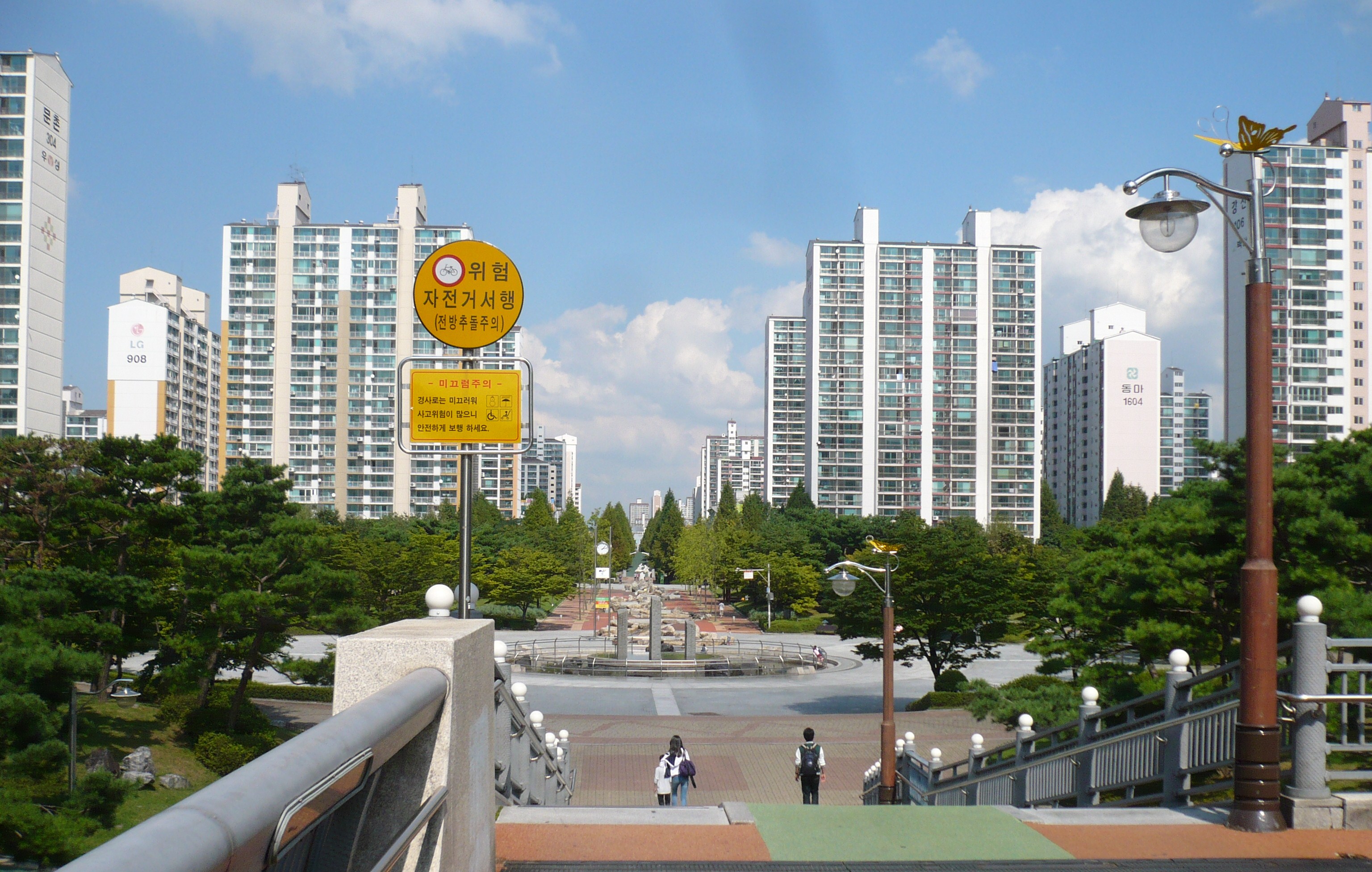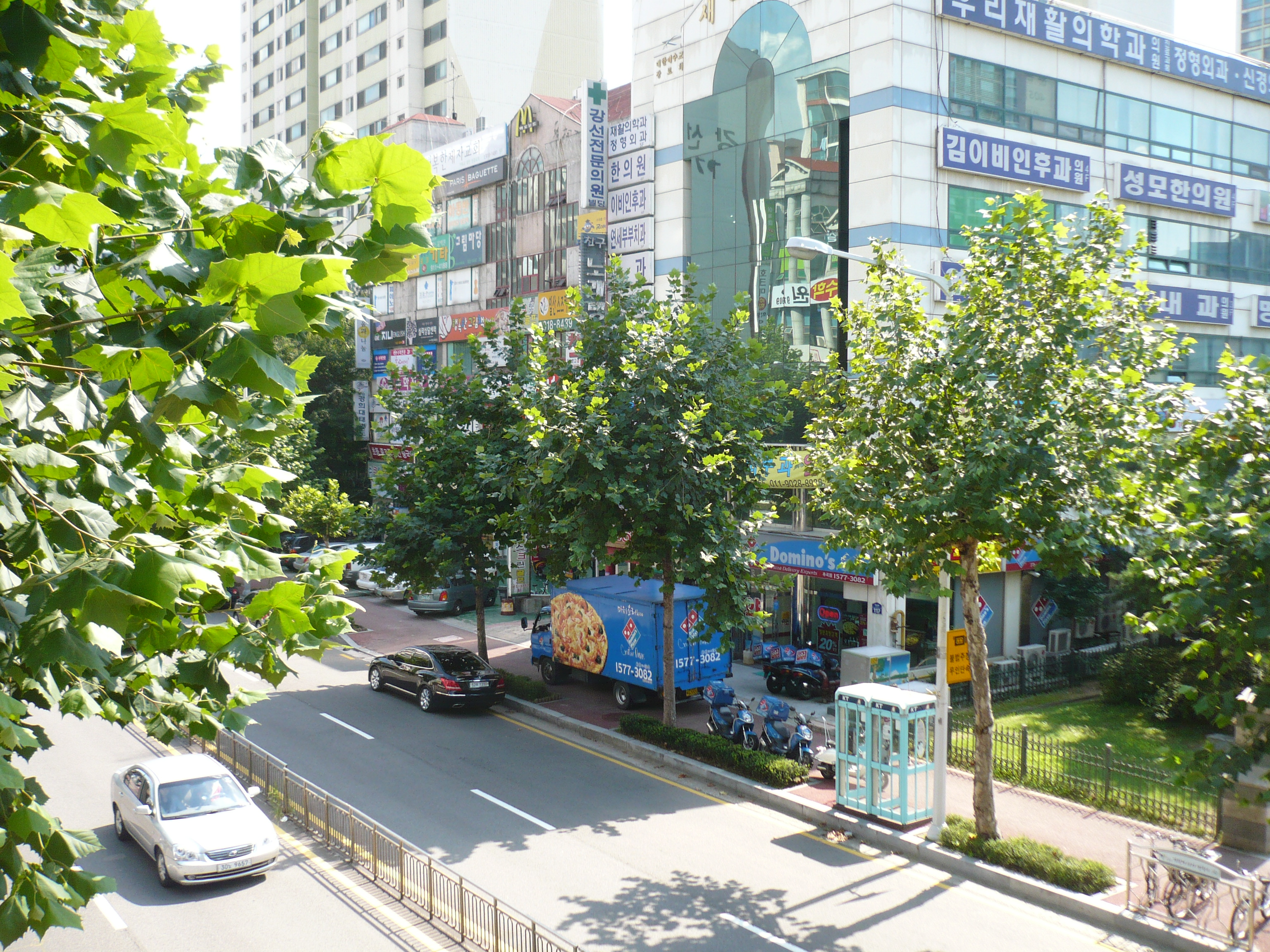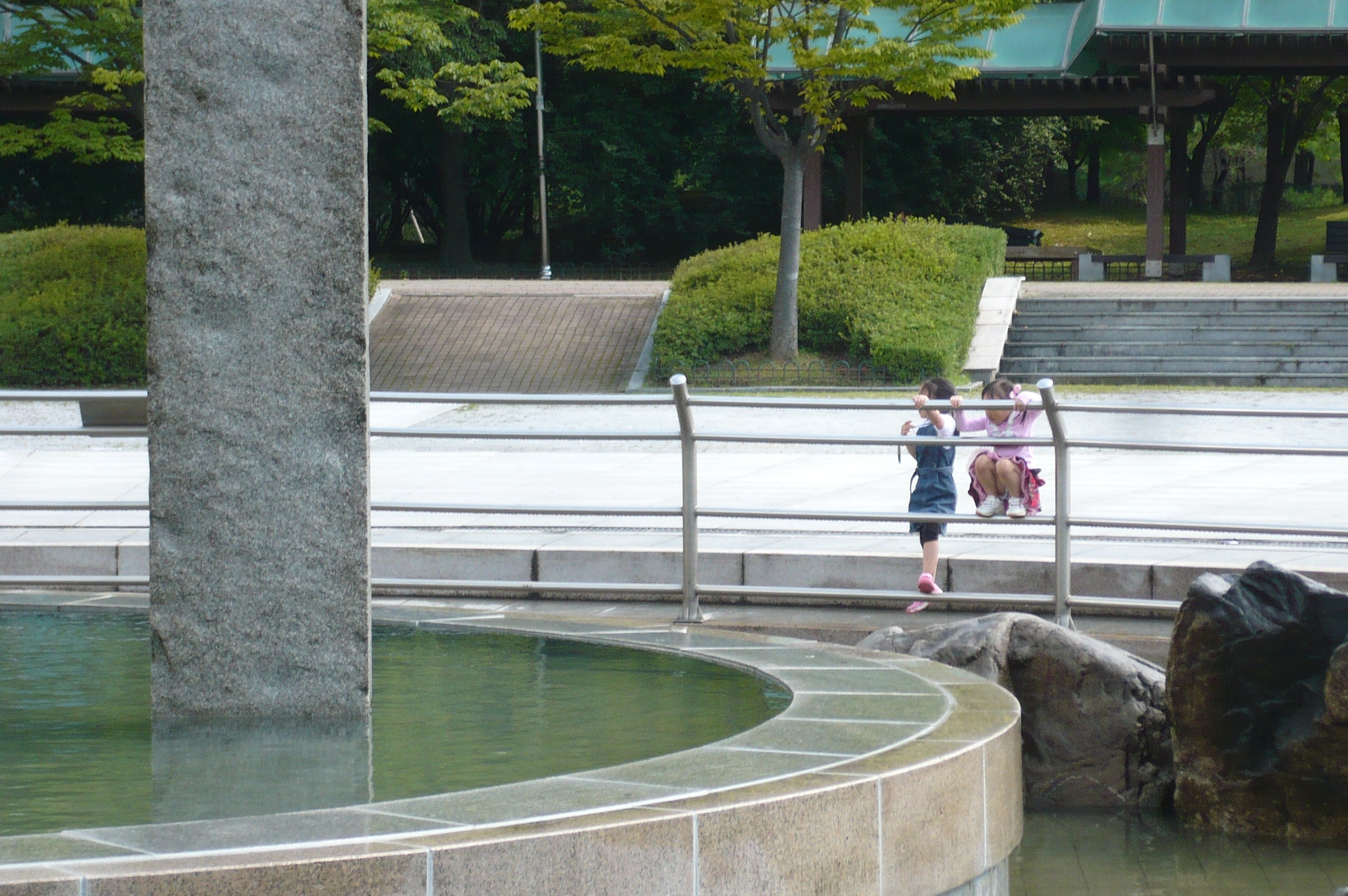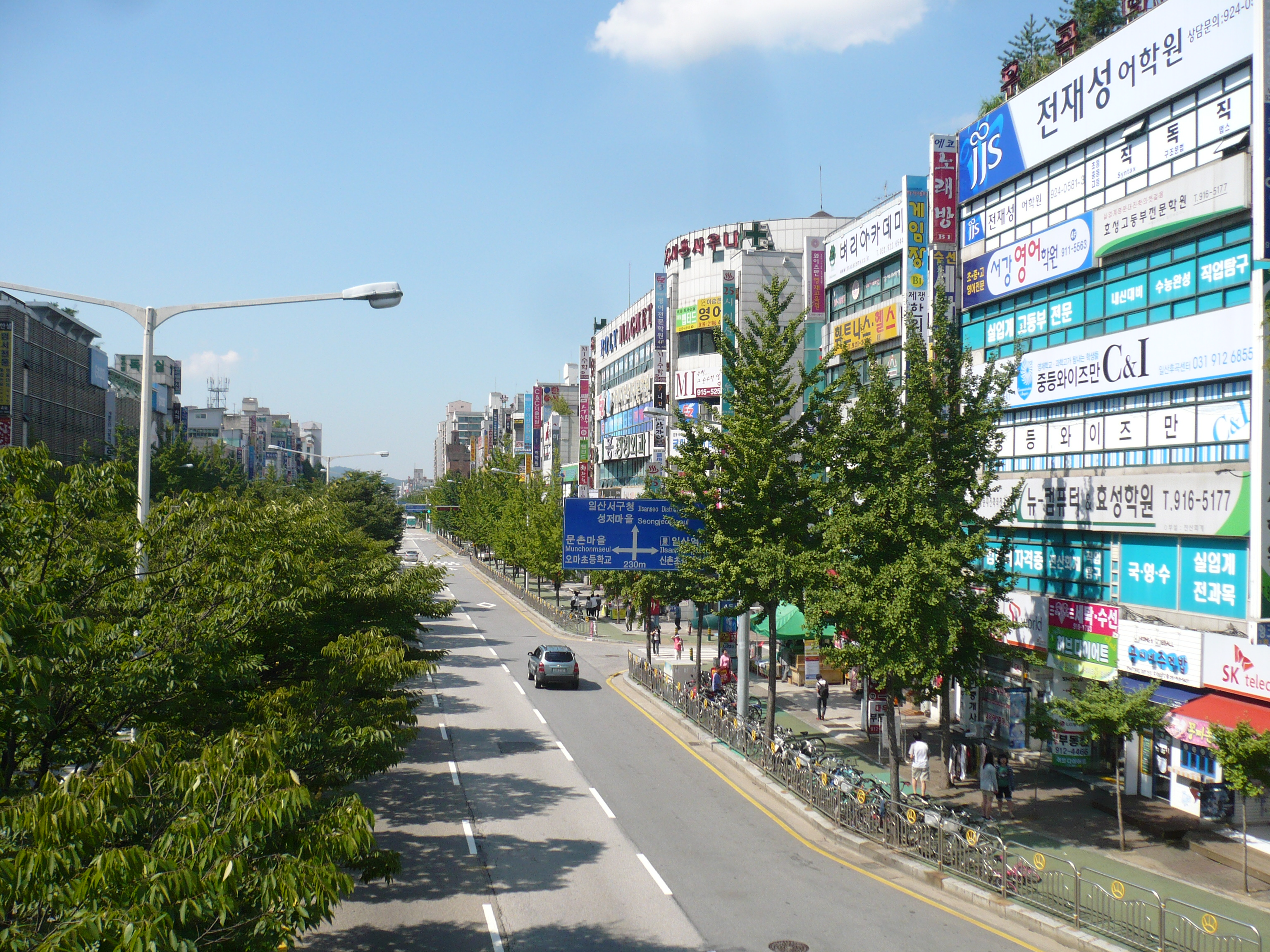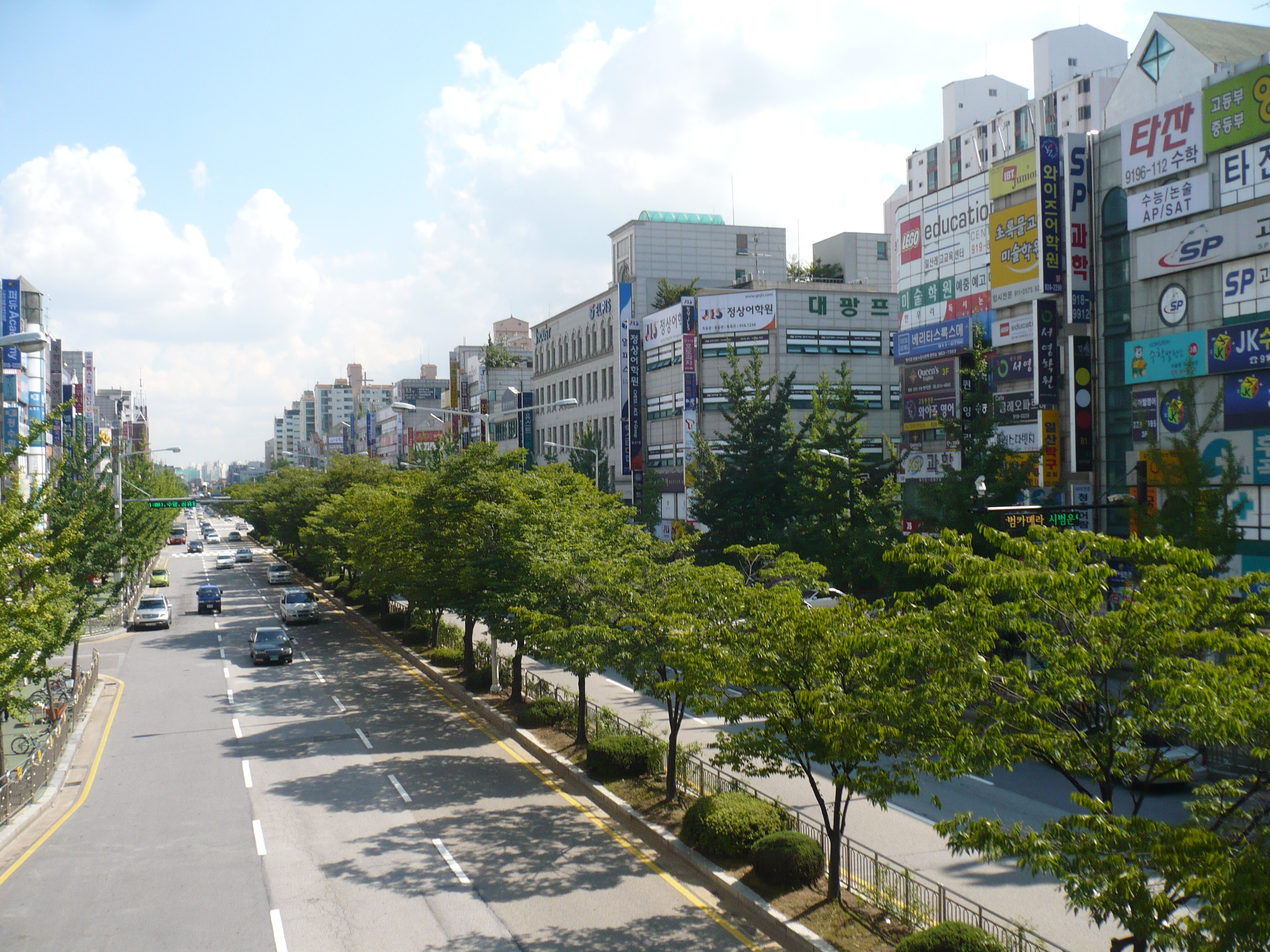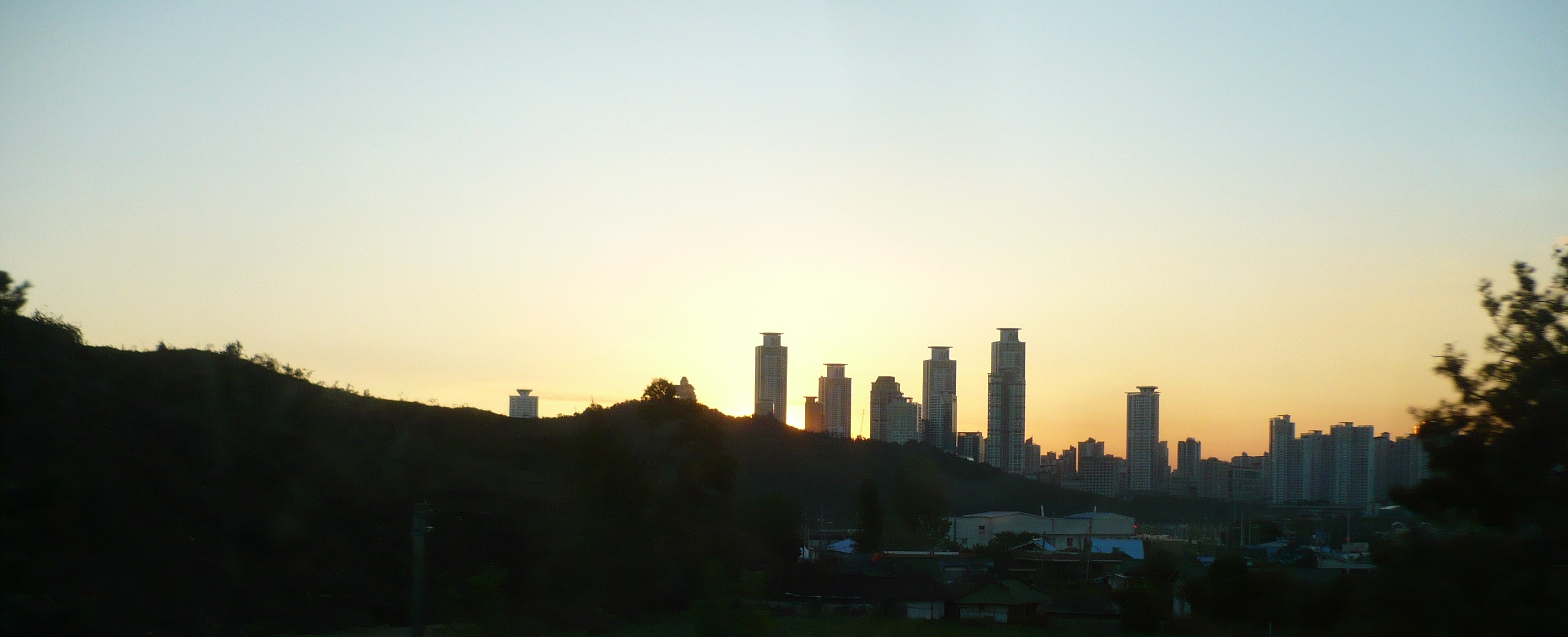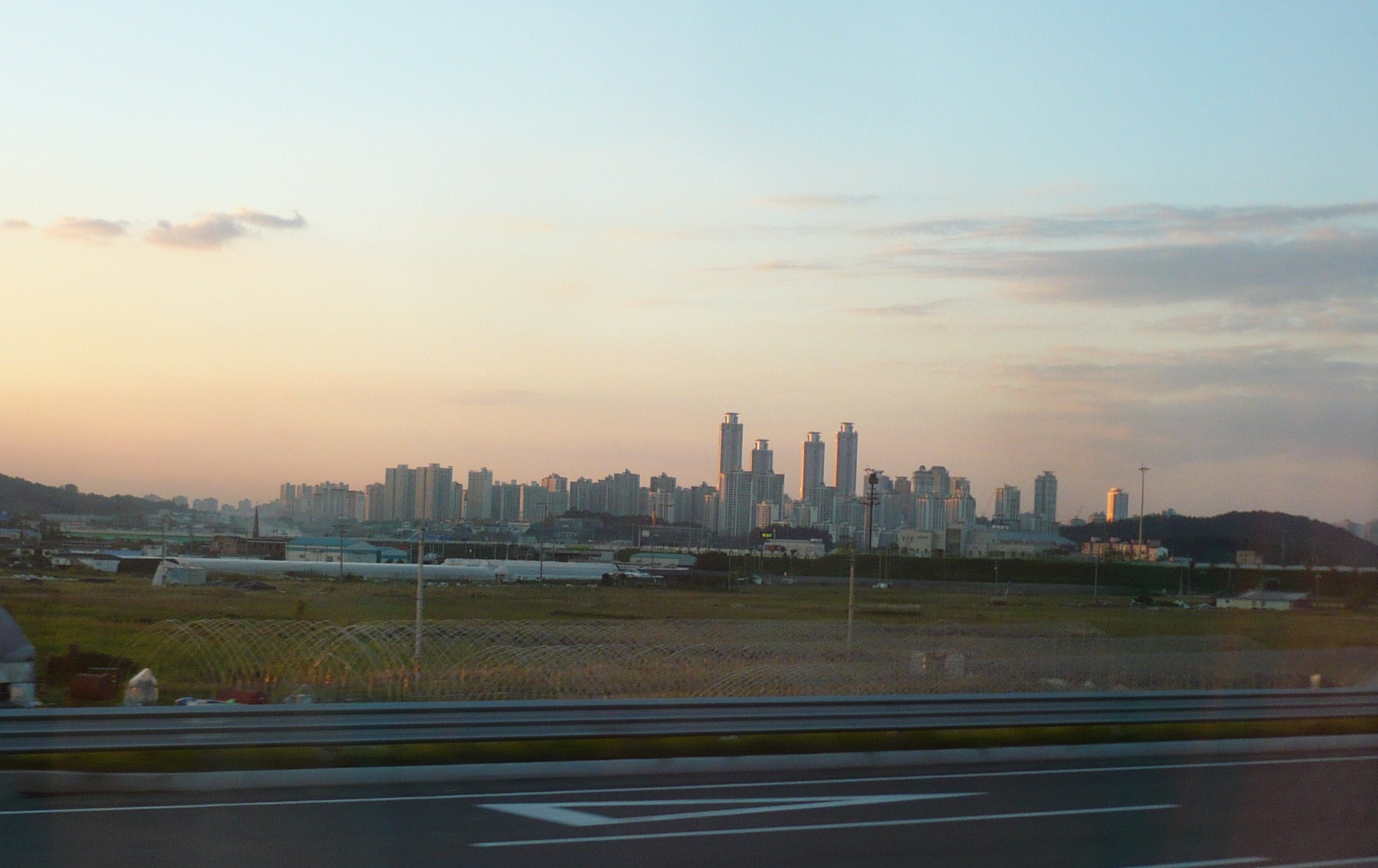“I bow in repentance of any misdeeds lived, forgetting the favors of our ancestors.”
This is #8 out of a series of 108 daily Buddhist affirmations.
…
6. 나의 몸을 소중하게 여기지 않고 살아 온 죄를 참회하며 절합니다.
“I bow in repentance of any misdeeds lived, not regarding my body as something dear.”
7. 나의 진실한 마음을 저버리고 살아 온 죄를 참회하며 절합니다.
“I bow in repentance of any misdeeds lived, forsaking my true heart.”
8. 조상님의 은혜를 잊고 살아 온 죄를 참회하며 절합니다.
I would read this eighth affirmation as: “I bow in repentance of any misdeeds lived, forgetting the favors of our ancestors.”
The Bodhidharma was a 5th century Buddhist evangelist who traveled from India to China. He is credited with being the first major proponent of “zen,” within the “great path” type of Buddhism, called Mahayana. I’m reading a collection of some of his works translated into English by someone called Red Pine (I’m not sure what kind of name this is – that’s what it says on the cover).
In a section called the “Bloodstream Sermon,” Bodhidharma says:
The mind is the buddha, and the buddha is the mind. Beyond the mind there’s no buddha, and beyond the buddha there’s no mind. If you think there’s a buddha beyond the mind, where is he? There’s no buddha beyond the mind, so why envision one? You can’t know your real mind as long as you deceive yourself.
[UPDATE: So it occurs to me, on rereading this much later, that I have misunderstood this aphorism – this one, and all those that have the same structure “…misdeeds lived, forgetting…”. The “forgetting my X” is in fact an example of the “misdeeds lived” – which is to say, you’re repenting for failing to experience the feeling in question.]


